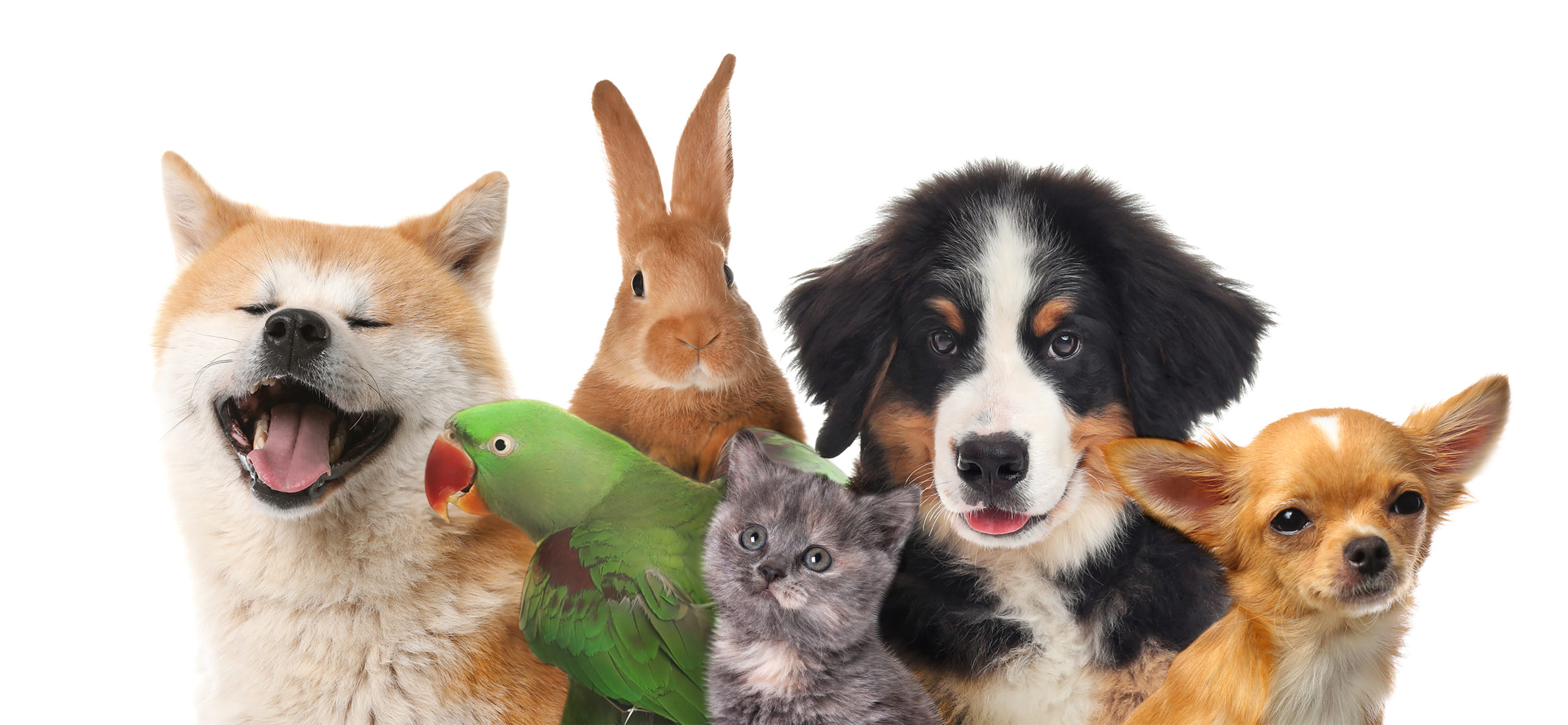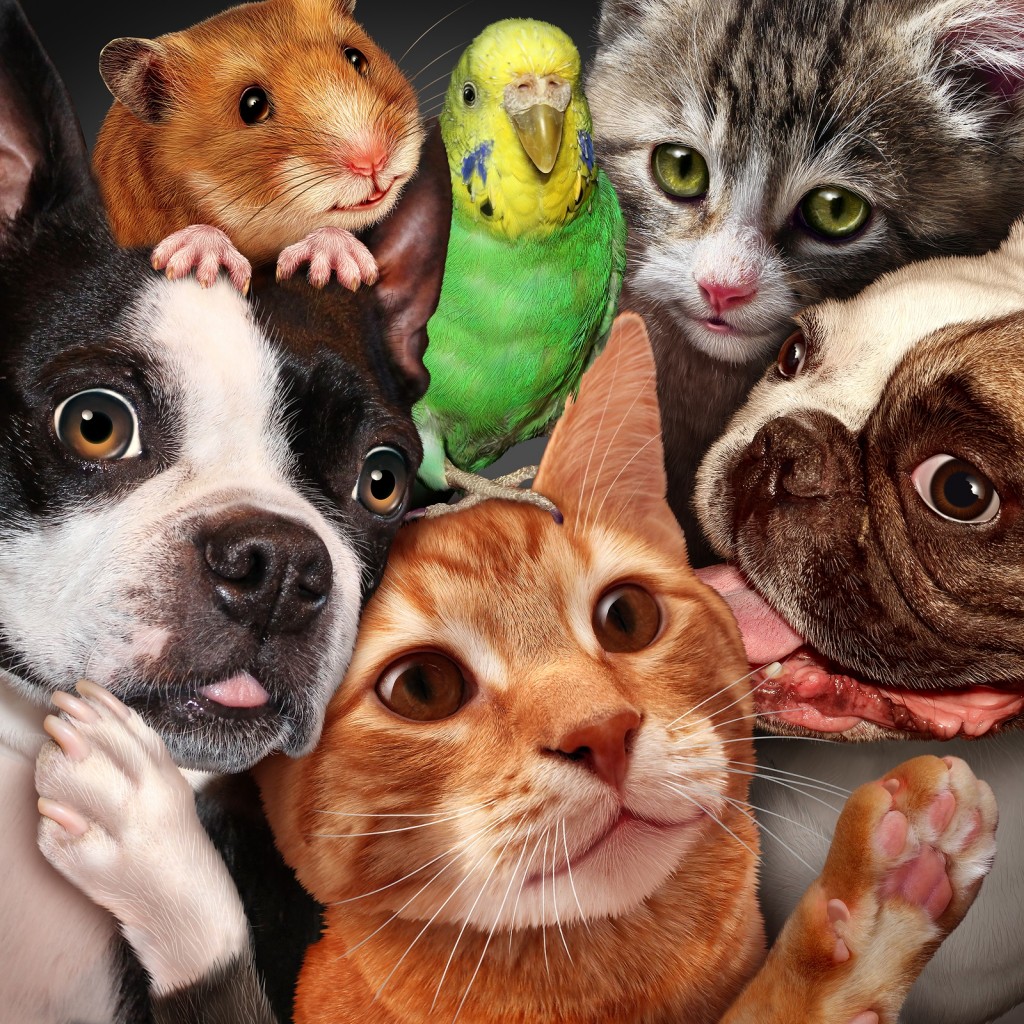Every connection between people, you know, has its own little quirks, the small things that can just get under your skin. These tiny irritations, sometimes called "pet peeves," often seem like minor details on the surface. Yet, they possess a surprising amount of influence over how we feel about our closest companions, perhaps even more than we might first imagine.
These little habits or actions, the ones that make you sigh or roll your eyes, are actually pretty common. They are not usually about big, dramatic issues but rather the everyday occurrences, the minor missteps that, over time, can build up. It's like a tiny pebble in your shoe; at first, it's just there, but after a while, it starts to really annoy you, making every step a bit uncomfortable, in a way.
So, what are these "pet peeves" really all about when it comes to the people we share our lives with? And why do these seemingly insignificant matters hold such sway over our emotional well-being within a partnership? We're going to look into what they are, why they matter, and how to deal with them, basically.
- How To Start An Isp Service
- Tricks For Mind Reading
- The Cutest In The World
- Shaunie Henderson Net Worth
- Anthony Richardson Parents
Table of Contents
- What Are Pet Peeves, Actually?
- Why Do Tiny Things Become Big Deals in Pet Peeves Meaning in Relationships?
- How Do Pet Peeves Show Up in Our Connections?
- Can Pet Peeves Meaning in Relationships Be Good for Us?
- Is It Possible to Talk About Pet Peeves Meaning in Relationships Without a Fight?
- What Happens When Pet Peeves Are Left Unsaid?
- How Can We Handle Pet Peeves Meaning in Relationships Together?
- What if Pet Peeves Meaning in Relationships Point to Something Deeper?
What Are Pet Peeves, Actually?
Well, you know, a "pet peeve" is essentially a small, particular thing that consistently bothers or irritates a person. It's not a major flaw or a significant problem, but more of a minor annoyance that, for some reason, gets under one's skin more than it might for others. Think of it like a tiny, persistent hum in the background that only you seem to hear, making it a little hard to concentrate. These are often behaviors or habits that someone else does, and they tend to trigger a specific, usually mild, feeling of displeasure in you. It's a very personal thing, too; what one person finds absolutely grating, another might not even notice, or perhaps even find charming, sort of. For instance, maybe it's leaving cupboard doors open, or perhaps forgetting to put the cap back on the toothpaste tube. These actions, on their own, don't break a bond, but their repeated occurrence can certainly chip away at one's patience over time, definitely. They are, in essence, the little friction points in our daily interactions, the small bumps on an otherwise smooth path, you know. They can feel almost like a tiny, persistent itch that you just can't quite scratch, making you a bit restless. So, recognizing what these are, for yourself and for your partner, is really the very first step toward making things feel a little more comfortable, more relaxed, in a way. It's about acknowledging those small, often unconscious, habits that can create a ripple of irritation.
Why Do Tiny Things Become Big Deals in Pet Peeves Meaning in Relationships?
It's honestly quite interesting how something so small can grow into a rather big deal within the context of a close bond. The reason these tiny things can feel so weighty is often because they touch upon deeper, unspoken expectations or values we hold. For example, if your partner always leaves their dirty clothes on the floor, and your pet peeve is messiness, it might not just be about the clothes themselves. It could be about a feeling of disrespect for shared spaces, or a sense that your efforts to keep things tidy are not valued, basically. So, the small act becomes a symbol of something larger, something that perhaps isn't being communicated or addressed directly. It's like a tiny crack in a window pane; on its own, it's just a crack, but it can make the whole window feel less secure, less sturdy, you know. Over time, these unaddressed irritations can accumulate, creating a sort of emotional residue. Each time the peeve happens, it adds another layer to that feeling, until what was once a minor annoyance starts to feel like a significant barrier, or a consistent source of low-level stress. This accumulation can wear down patience and goodwill, making both people feel a bit more on edge, more irritable. It's not the single instance that's the problem, but the pattern, the consistent repetition that suggests a lack of awareness or perhaps even a disregard for your feelings, in a way. The meaning of these pet peeves in relationships, therefore, is often found not in the action itself, but in what that action represents or triggers emotionally for the person experiencing the irritation, really.
How Do Pet Peeves Show Up in Our Connections?
Pet peeves show up in our connections in a multitude of forms, you know, as varied as the people themselves. They are often rooted in our individual preferences, our upbringing, or even our past experiences. For some, it might be about personal habits, like leaving dishes in the sink for too long, or perhaps chewing with an open mouth. Others might find certain communication styles particularly grating, like interrupting frequently, or maybe always needing to have the last word. Then there are the habits related to shared responsibilities, such as not contributing equally to chores, or perhaps always being late for plans. These are the kinds of things that, when they happen repeatedly, can really start to grate on someone's nerves. It's almost like a persistent, off-key note in a song you otherwise enjoy, making the whole tune a little less pleasant to listen to. The way these pet peeves surface can also vary; sometimes they lead to quiet resentment, a sort of simmering frustration that never gets voiced. Other times, they might lead to passive-aggressive behaviors, or even sudden, seemingly out-of-proportion outbursts, because the small irritations have built up over time, you know. The key thing is that they are personal; what one person finds absolutely maddening, another might completely overlook. This makes them a unique part of each relationship's dynamic, a sort of fingerprint of the specific irritations that exist between two people. Understanding how they show up, and what they specifically are, is pretty important for anyone hoping to maintain a harmonious bond, obviously. It means paying attention to the small things that cause friction, rather than letting them fester and grow into bigger issues, in a way.
- Sun Mingming Wife Height
- Asking To Be A Godfather
- Norm Abram
- Si Robertson Death
- Why Are Bonnie And Clyde Famous
Can Pet Peeves Meaning in Relationships Be Good for Us?
It might seem a bit strange to suggest that something irritating could actually be beneficial, but honestly, pet peeves, in a way, can serve a rather useful purpose within our close bonds. Think of them as tiny alarm bells, little signals that something needs attention. When a pet peeve consistently triggers a strong reaction in you, it could be pointing to an area where your needs or boundaries are not being met, or perhaps not being understood by your companion. For example, if you get really annoyed when your partner leaves their things scattered everywhere, it might highlight your own deep-seated need for order and control, or a desire for a more organized living space. This self-discovery can be quite valuable, as it helps you understand yourself better, and what truly matters to you in a shared environment. Also, they can be a starting point for important conversations, you know. If you're able to voice your pet peeve calmly and constructively, it opens up a chance for your partner to learn about your preferences and adjust their behavior, if they choose to. This act of communication, even about something small, can actually strengthen the connection by fostering openness and mutual consideration. It's like finding a small knot in a piece of string; if you address it early, you can untangle it, and the string remains useful. If you ignore it, it might just get tighter and cause the string to break. So, in this sense, pet peeves, despite their irritating nature, can act as opportunities for personal growth and for deeper understanding between people, pretty much. They offer a chance to clarify expectations and to practice empathy, making the relationship potentially more resilient and more considerate of both individuals' quirks and needs, basically.
Is It Possible to Talk About Pet Peeves Meaning in Relationships Without a Fight?
Talking about those little things that bother you, those pet peeves, without it turning into a big argument is absolutely possible, but it takes a bit of thought and a gentle approach, you know. The key is to focus on your own feelings rather than blaming the other person. Instead of saying, "You always leave your dirty socks on the floor, and it drives me crazy!" which sounds like an accusation, try something like, "I feel a bit overwhelmed when there are clothes on the floor, and I would really appreciate it if we could try to keep that area tidy." This shifts the conversation from a critique of their character to an expression of your own needs, which is much less likely to put them on the defensive. It's about using "I" statements rather than "you" statements, essentially. Also, picking the right moment is very important. Don't bring it up when you're already feeling angry or when your partner is stressed or tired. Choose a calm time, perhaps when you're both relaxed, and approach the topic with kindness and a desire for a solution, not just to vent your frustration. Remember, too, that your partner might have their own pet peeves about you, so be ready to listen to their perspective as well. It's a two-way street, after all. This kind of open, honest, and gentle conversation can actually bring you closer, rather than pushing you apart, because it shows that you care enough about the relationship to address even the small things in a respectful way, honestly. It's about working together to create a more comfortable shared space, both physically and emotionally, you know.
What Happens When Pet Peeves Are Left Unsaid?
When those little irritations, those pet peeves, are left unspoken, they don't just magically disappear, you know. Instead, they tend to fester, growing in intensity and often transforming into something much larger and more damaging than they originally were. Imagine a small, barely noticeable splinter; if you don't remove it, it can become infected and cause a lot more pain and trouble down the line. Similarly, unaddressed pet peeves can lead to a build-up of resentment, a quiet bitterness that slowly erodes the warmth and closeness in a bond. Each time the annoying habit occurs, and you say nothing, that feeling of irritation gets a little stronger, a little more ingrained. This can manifest as passive-aggressive behaviors, where instead of direct communication, there are subtle digs, sarcastic remarks, or even a withdrawal of affection. You might find yourself sighing a lot, or perhaps rolling your eyes when your partner isn't looking, which, honestly, isn't a great way to feel in a connection. The person experiencing the peeve might start to feel unheard, unvalued, or even disrespected, because their feelings are being consistently overlooked, or so it seems. This can create a distance between people, a sort of emotional chasm that widens with each unaddressed grievance. It also makes it harder to address bigger issues when they arise, because the foundation of open and honest communication has been weakened by all the unspoken smaller complaints. Eventually, these unvoiced pet peeves can lead to a complete breakdown in communication, where people just stop trying to fix things, because they feel it's pointless, basically. It's pretty much a recipe for unhappiness, where small annoyances become big reasons for friction, or even for people to drift apart, you know.
How Can We Handle Pet Peeves Meaning in Relationships Together?
Handling those pet peeves, and truly getting to the meaning of them in relationships, is very much a team effort, you know. It’s not about one person changing everything for the other, but about both individuals working together to create a more comfortable and respectful shared experience. A good first step, after you've gently voiced your concern, is for both people to listen to each other without interruption or defensiveness. Really try to understand the other person's point of view, even if it seems like a small thing to you. Perhaps the person leaving the cupboard door open genuinely doesn't notice it, or maybe they were taught differently. It’s about empathy, basically. Once both people understand the issue, you can brainstorm solutions together. This might involve setting up clear expectations, like having a designated spot for keys or a specific time for chores. Sometimes, it's about compromise; maybe you agree to tolerate a certain level of mess in one area if another area is kept perfectly tidy. It could also involve developing little reminders or systems to help each other remember, like a gentle nudge or a funny sign. The goal is not to eliminate all pet peeves, which is probably impossible, but to find ways to manage them so they don't cause significant distress. It's about finding a middle ground where both people feel heard and respected, and where the small annoyances don't overshadow the good things about the connection. This collaborative approach reinforces the idea that you are on the same side, working towards a common goal of mutual happiness and understanding, which, honestly, is what any strong bond needs, you know. It means making adjustments and being flexible, pretty much, for the sake of the bond.
What if Pet Peeves Meaning in Relationships Point to Something Deeper?
Sometimes, those seemingly minor pet peeves, and their meaning in relationships, are actually just the tip of a much larger iceberg, you know. If a pet peeve consistently triggers an intense, disproportionate reaction in you, or if it feels like it’s part of a pattern of disrespect or disregard, it might be signaling something more significant. For example, if your pet peeve is your partner constantly interrupting you, and this makes you feel unheard and unimportant, it might not just be about the interruption itself. It could be a symptom of a deeper issue with communication, or a feeling that your voice isn't valued in the bond. Or, if a pet peeve like consistent lateness always makes you feel disrespected and unimportant, it could point to a broader concern about reliability or a lack of consideration for your time. In these cases, the pet peeve serves as a kind of emotional indicator, a sign that there are underlying issues that need to be addressed more thoroughly. It's like a persistent warning light on a car's dashboard; it's telling you that something under the hood needs serious attention, not just a quick fix. If you find that talking about a pet peeve doesn't lead to any change, or if the same pet peeves keep resurfacing despite your best efforts, it might be time to look beyond the surface behavior. This could mean having a more in-depth conversation about core values, expectations, or even seeking support from a professional who can help you both uncover and address those deeper patterns. It's important to be honest with yourself about what these small irritations are truly representing, and to recognize when they are pointing to a more fundamental disconnect, basically. Ignoring these deeper signals can lead to long-term dissatisfaction and can seriously impact the health of the connection, honestly.
Related Resources:



Detail Author:
- Name : Javonte Rolfson
- Username : mmacejkovic
- Email : odie.schaefer@gottlieb.com
- Birthdate : 1993-11-24
- Address : 5539 Hyatt Prairie Apt. 953 Margaretthaven, IN 12009-6531
- Phone : (959) 965-0936
- Company : Williamson-Botsford
- Job : Mining Machine Operator
- Bio : Harum alias hic mollitia numquam quidem. Neque et adipisci molestias voluptate mollitia debitis.
Socials
instagram:
- url : https://instagram.com/luigi_real
- username : luigi_real
- bio : Cum iusto vitae enim laboriosam quod. Hic quod quod et. Fuga ducimus similique est rerum beatae.
- followers : 3859
- following : 2405
facebook:
- url : https://facebook.com/luigileannon
- username : luigileannon
- bio : Nihil sapiente ea et in dolorem et laborum.
- followers : 2516
- following : 2883
twitter:
- url : https://twitter.com/luigi5238
- username : luigi5238
- bio : Optio placeat itaque quod exercitationem. Quo soluta quo fugit molestias exercitationem vitae. Quam id numquam deserunt in minima ipsum.
- followers : 6119
- following : 2635
tiktok:
- url : https://tiktok.com/@luigi8581
- username : luigi8581
- bio : Sit suscipit voluptatum rerum consequatur.
- followers : 6747
- following : 1703